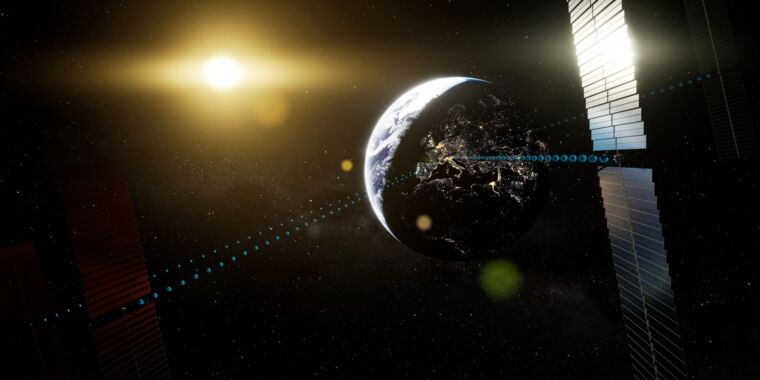- Aug 17, 2014
- 11,115
Europe is seriously considering developing space-based solar power to increase its energy independence and reduce greenhouse gas emissions, the leader of the European Space Agency said this week.
"It will be up to Europe, ESA and its Member States to push the envelope of technology to solve one of the most pressing problems for people on Earth of this generation," said Josef Aschbacher, director general of the space agency, an intergovernmental organization of 22 member states.
Previously the space agency commissioned studies from consulting groups based in the United Kingdom and Germany to assess the costs and benefits of developing space-based solar power. ESA published those studies this week in order to provide technical and programmatic information to policymakers in Europe.
Aschbacher has been working to build support within Europe for solar energy from space as a key to energy de-carbonization and will present his Solaris Program to the ESA Council in November. This council sets priorities and funding for ESA. Under Aschbacher's plans, development of the solar power system would begin in 2025.
In concept, space-based solar power is fairly straightforward. Satellites orbiting well above Earth's atmosphere collect solar energy and convert it into current; this energy is then beamed back to Earth via microwaves, where they are captured by photovoltaic cells or antennas and converted into electricity for residential or industrial use. The primary benefits of gathering solar power from space, rather than on the ground, is that there is no night or clouds to interfere with collection; and the solar incidence is much higher than at the northern latitudes of the European continent.

Europe is seriously considering a major investment in space-based solar power
Such an initiative would require a 200-fold increase over current space-lift capacity.

